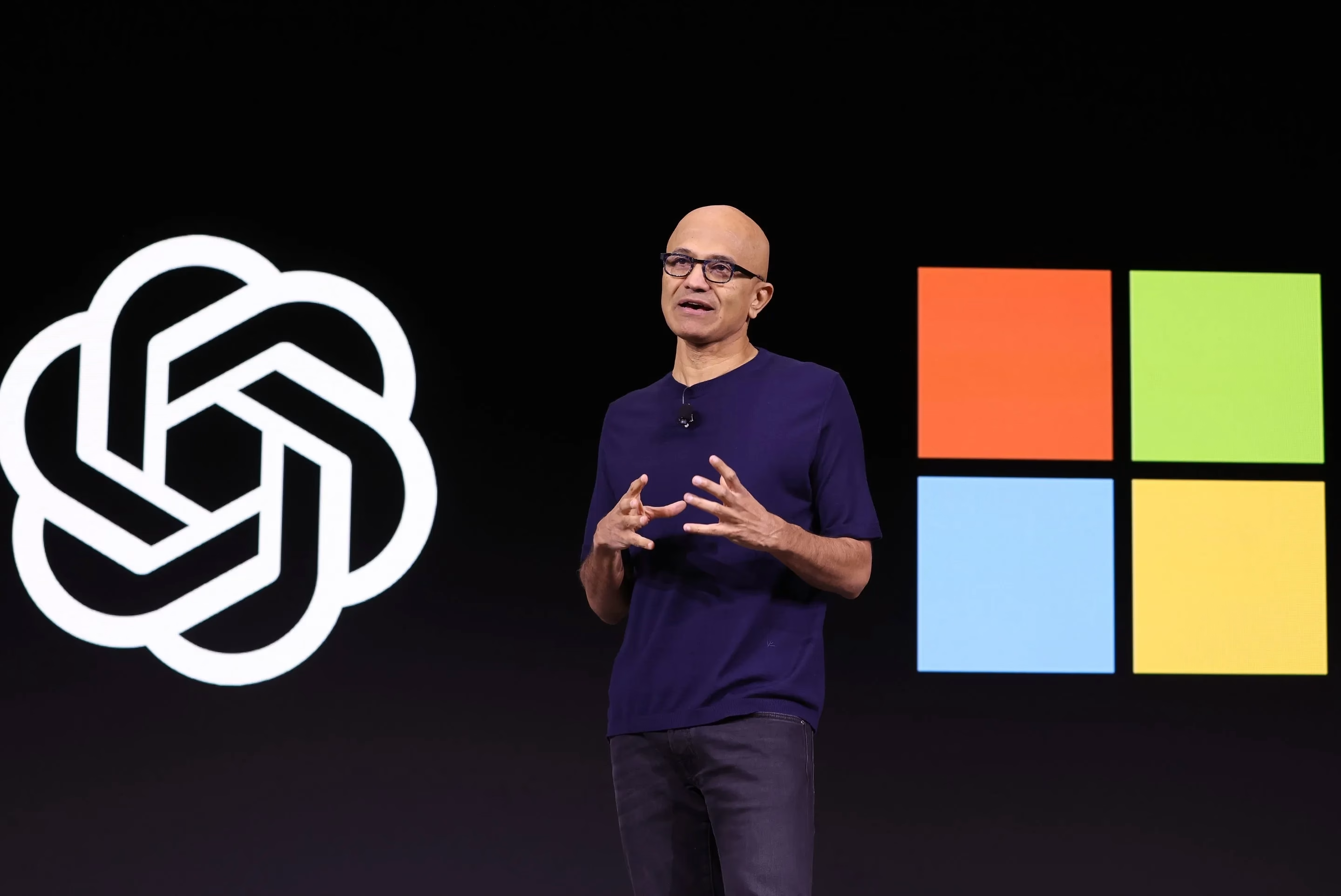Microsoft's Satya Nadella Reportedly Seeks to Remove OpenAI's 'AGI' Exit Clause
The news, first reported by The Information, suggests a potential shift in the dynamics between the tech giant and the leading AI research lab. Microsoft has invested billions into OpenAI, securing a substantial stake and preferential access to its groundbreaking AI models, including GPT-4. This partnership has been instrumental in Microsoft's strategy to integrate advanced AI capabilities across its product suite, from Bing to Azure.
The 'AGI Clause' and Its Implications
At the heart of this reported dispute is a provision that acknowledges OpenAI's ultimate goal: the creation of AGI, a hypothetical AI with human-like cognitive abilities. The clause, as understood, allows OpenAI to sever ties if it feels Microsoft's commercial interests or operational constraints hinder its progress towards this ambitious objective. This was a crucial element for OpenAI, ensuring its foundational mission wouldn't be compromised by its commercial partner.
For Microsoft, however, the clause represents a potential risk. If OpenAI were to achieve AGI and decide to exit the partnership, Microsoft would lose its exclusive access to what could be the most transformative technology of our time. This would undoubtedly be a massive blow, especially given the substantial capital and resources Microsoft has poured into the collaboration. It's understandable why Nadella would want to secure Microsoft's long-term advantage.
Why the Timing Now?
The timing of these reported discussions is particularly interesting. OpenAI has made rapid advancements in large language models, and the race to AGI is intensifying across the tech industry. With competitors like Google DeepMind also making significant strides, the strategic importance of maintaining a stable and exclusive partnership with OpenAI has never been higher for Microsoft.
One can only imagine the internal discussions. Is it a matter of trust? Or is it a more pragmatic business decision, aiming to solidify Microsoft's position as the primary beneficiary of OpenAI's future breakthroughs? It's a delicate balancing act, for sure. OpenAI's mission is to ensure AGI benefits all of humanity, and Microsoft's role as a commercial entity is, by its nature, driven by profit and market share.
Potential Ramifications of a Clause Removal
If Microsoft succeeds in removing or significantly altering this clause, it would represent a major win for the tech giant, effectively locking in its access to OpenAI's cutting-edge AI technology for the foreseeable future. This could give Microsoft a significant competitive edge, allowing it to further entrench its AI offerings and potentially dictate the pace of AGI development and deployment.
However, such a move could also strain the relationship between the two entities. OpenAI's leadership, particularly co-founder and CEO Sam Altman, has consistently emphasized the importance of its mission and its commitment to responsible AI development. Any perceived attempt to undermine that mission or limit OpenAI's autonomy could lead to friction. It's a bit like trying to put a leash on a rocket ship – you want to guide it, but you don't want to stifle its launch.
What's Next for the Partnership?
The outcome of these reported negotiations remains to be seen. It's possible that a compromise will be reached, perhaps involving revised terms that offer Microsoft greater security without completely compromising OpenAI's core principles. Alternatively, a stalemate could emerge, creating uncertainty around the future of one of the most significant AI collaborations in history.
This situation highlights the complex interplay between groundbreaking research, commercial interests, and the ethical considerations surrounding the development of advanced AI. As the field continues to evolve at a breakneck pace, these foundational agreements will undoubtedly be scrutinized and potentially renegotiated. It's a fascinating, albeit high-stakes, game of chess being played out in the world of artificial intelligence. We'll be watching closely to see how this unfolds.
